Billionaire Investigated for Connection to Environmental Company That Destroyed an Island the Size of Singapore
One of the richest men in the world is now being investigated for his connection to an environmental company that destroyed much of a forested area on the island of Borneo.
This forested area that has been destroyed is about half the size of Singapore. Investigations have been ongoing as people try to uncover who was behind this destruction. Now, all signs are pointing to a billionaire.
The Forest’s Destruction
A company based in Indonesia called PT Mayawana Persada is ultimately the corporation responsible for deforesting a large area on the island of Borneo.
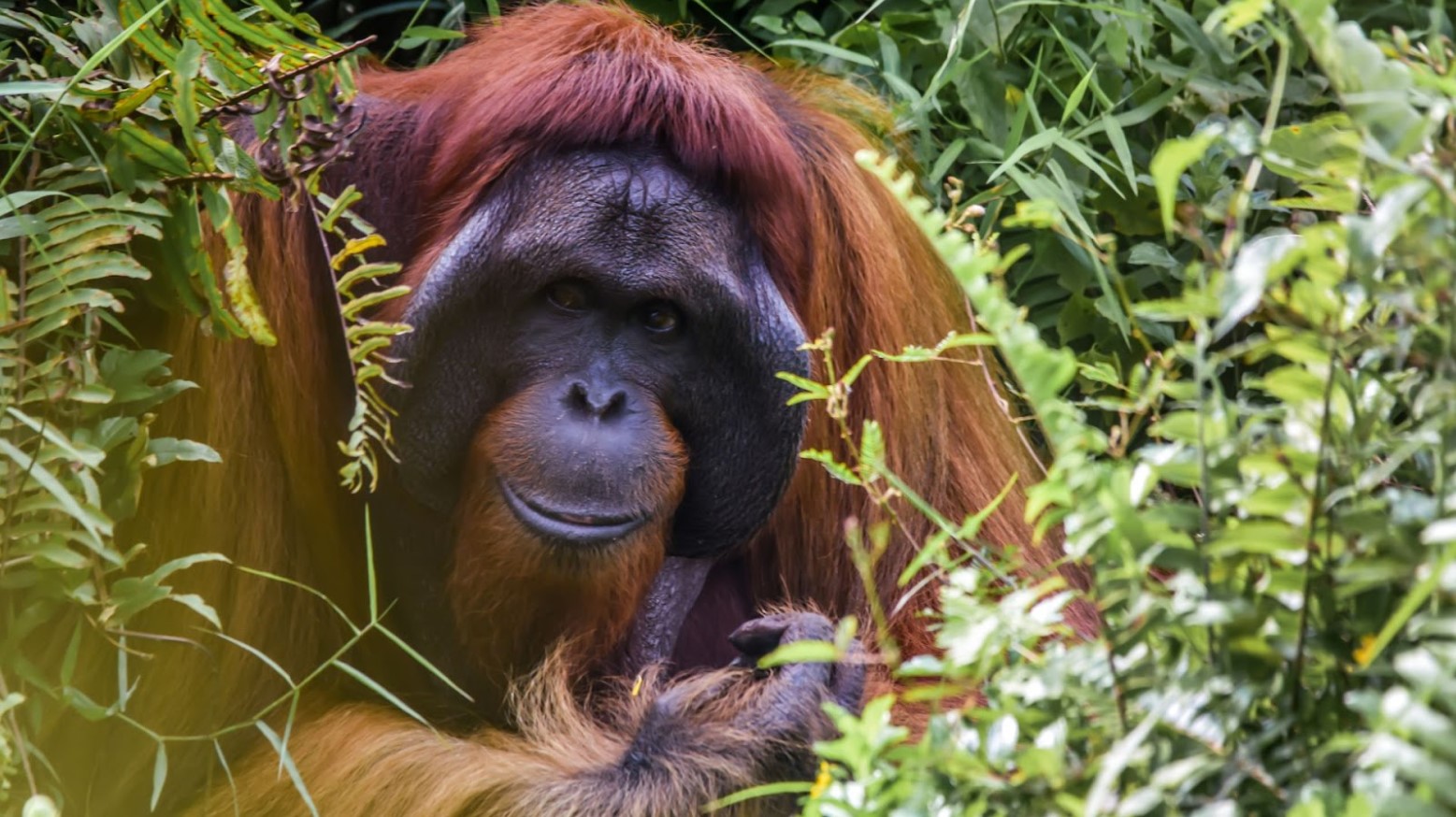
Source: Simone Millward/Unsplash
According to reporting, this destruction has spanned more than 100 square miles. As deforestation is highly detrimental to the environment, local communities, and wildlife in the area, many have been trying to figure out why this company did this — and who ultimately backed them.
Billionaire Backing
A new investigation has finally revealed the man behind all of this destruction: Sukanto Tanoto, an Indonesian billionaire.
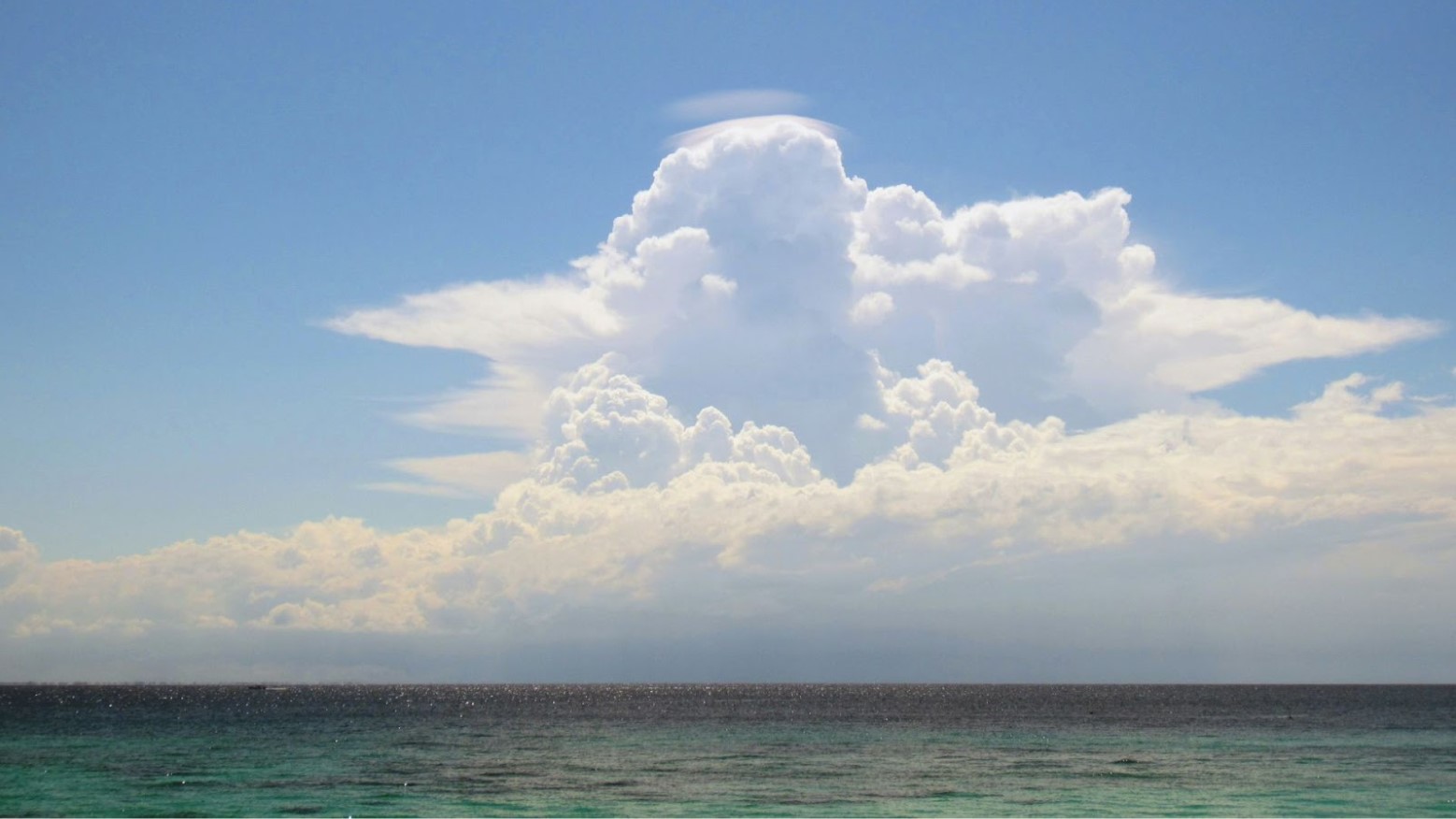
Source: Ben Everett/Unsplash
Investigators were able to trace everything back to Tanoto by looking through holding companies that led to Royal Golden Eagle Group. Royal Golden Eagle Group is one of the largest resource conglomerates in Asia — and it’s also owned by Tanoto.
Hiding Behind Destruction
According to these investigators, Tanoto hid behind companies and paperwork to keep from facing damages.
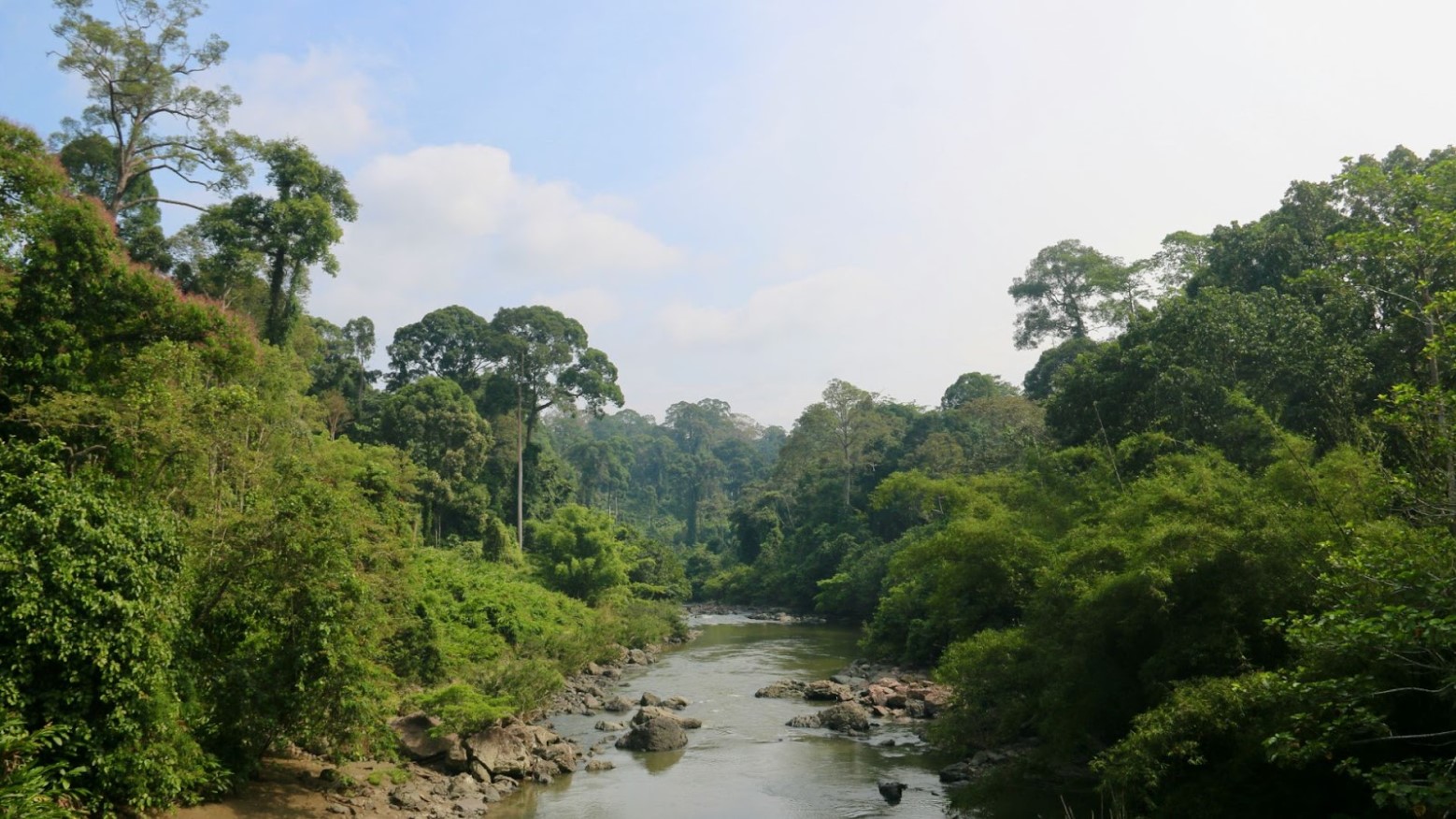
Source: Polina Koroleva/Unsplash
“This complex corporate structure, in effect, hides the ultimate beneficial owner(s) of the company and can shield them from the legal and reputational risks of destroying such vast tracts of tropical forest,” Greenpeace Indonesia’s Arie Rompas explained.
Greenwashing
Now, critics have begun to call out Tanoto and have accused his businesses of “greenwashing.” Greenwashing is when a business or organization uses deceptive means to advertise that they are green, or following green policies, when in reality they are not.
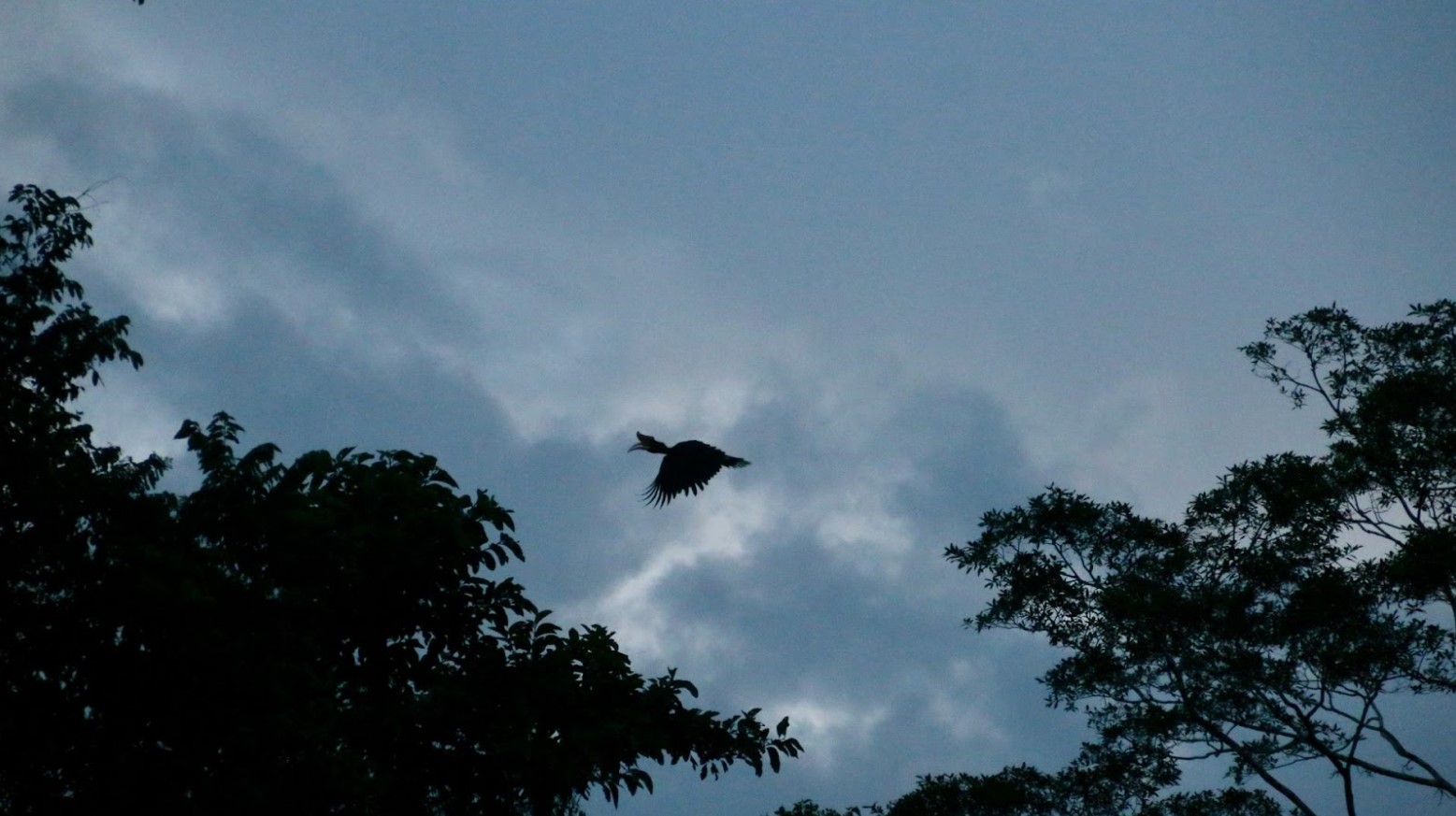
Source: Polina Koroleva/Unsplash
Many large corporations, as well as billionaires around the world, have increasingly been accused of greenwashing in recent years.
Tanoto’s Former Promise
Accusations of greenwashing have occurred because of Tanoto’s own promises from years ago. In 2015, Tanoto’s business Royal Golden Eagle Group publicly stated that they would commit to a “zero deforestation” policy.
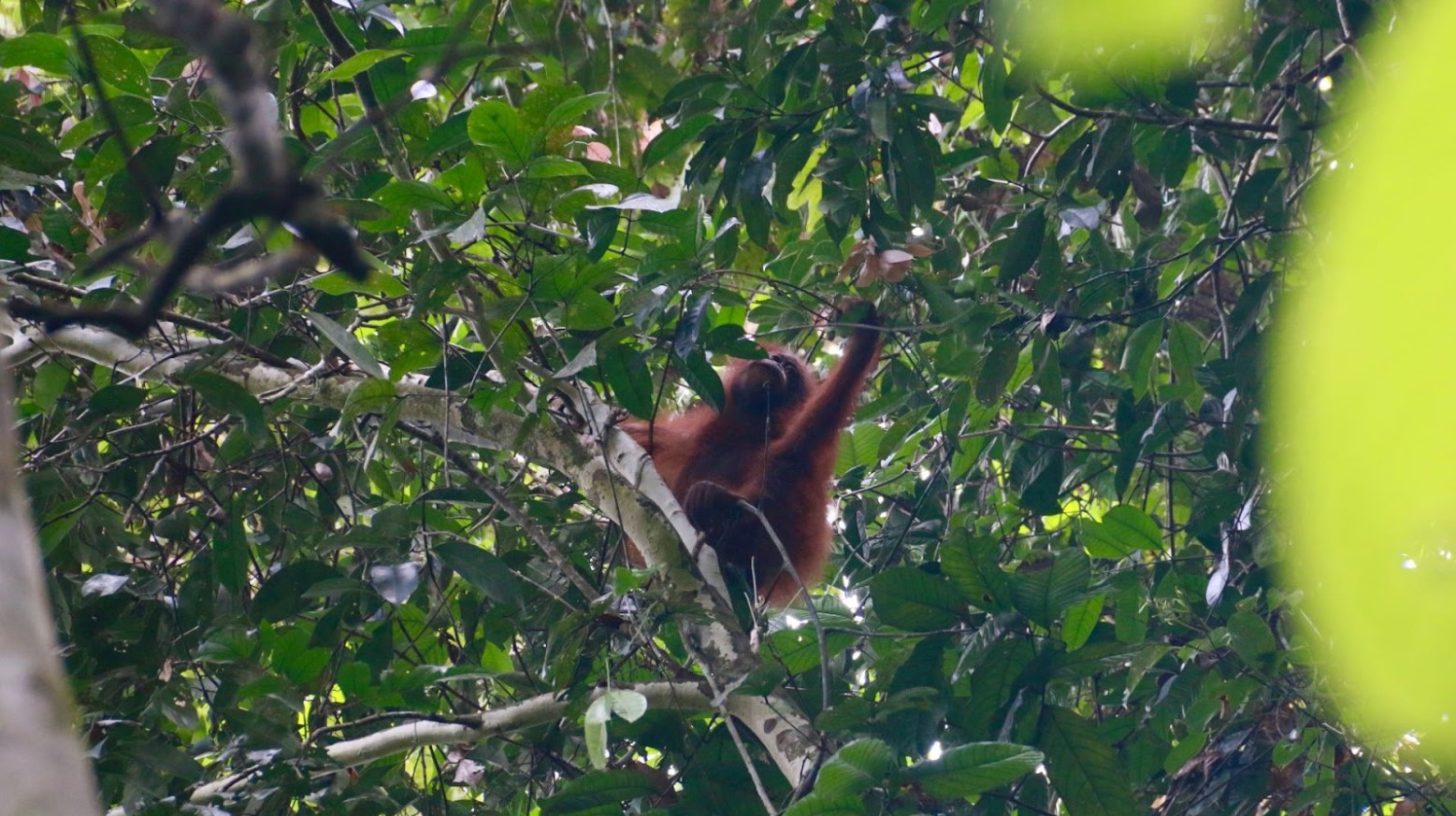
Source: Polina Koroleva/Unsplash
Royal Golden Eagle Group uses trees to create both pulp and paper products. By promising to uphold this policy, they were saying they would follow less destructive means to create their products.
Hiding Their Lies
Now, investigators have accused Tanoto and Royal Golden Eagle Group of knowingly lying to the public about their apparent desire to stop deforestation.
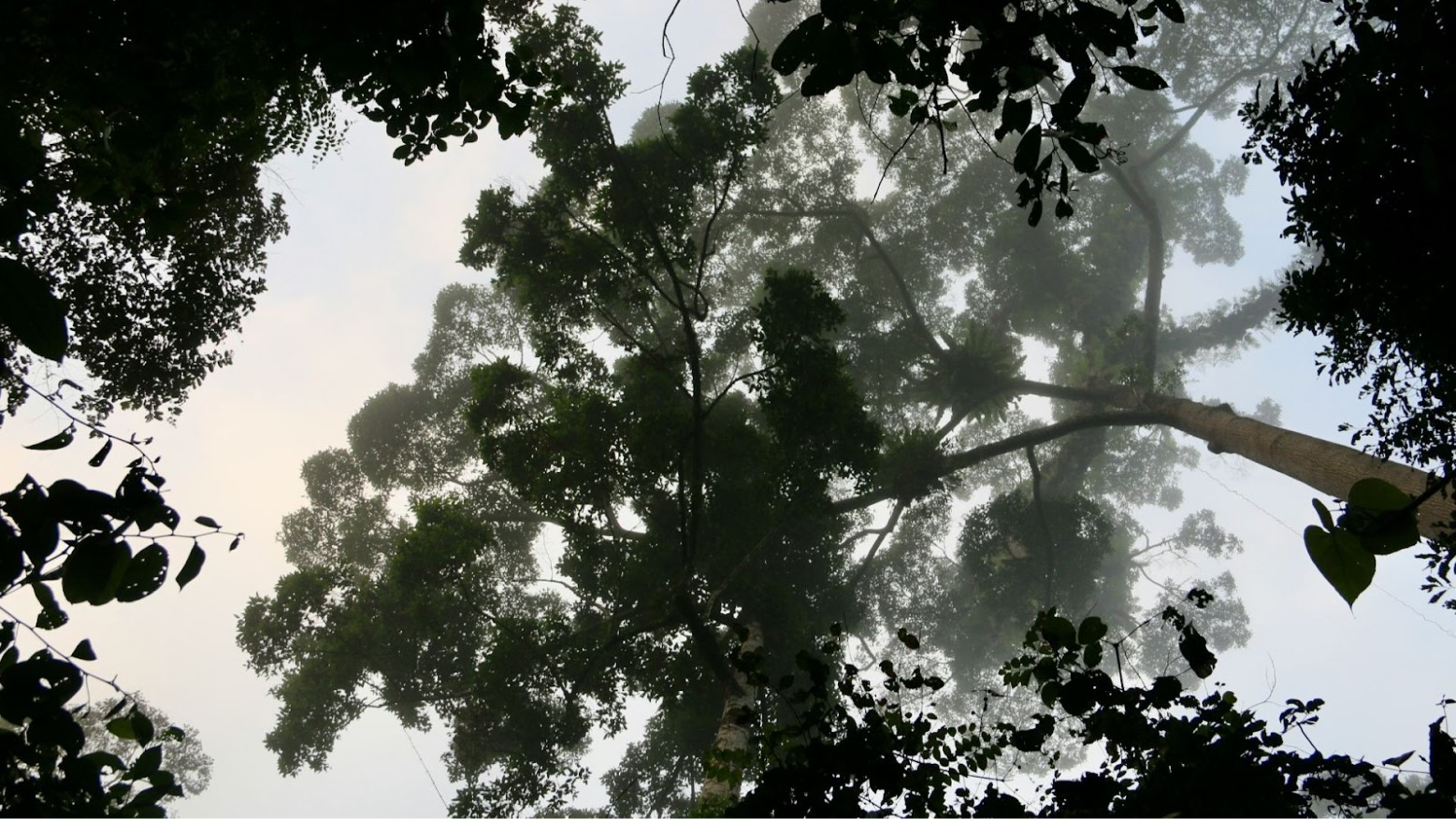
Source: Polina Koroleva/Unsplash
Instead, the group continued to deforest Borneo. They tried to hide their destruction through paperwork and by using other holding companies. Now, however, they’ve finally been found out.
Deforestation in Borneo
For decades now, deforestation has been a major issue throughout Borneo. Many locals of the island have tried to stop it, to no avail. Big businesses and billionaires, such as Royal Golden Eagle Group and Tanoto, have seemingly been unstoppable in destroying the forests on the island.
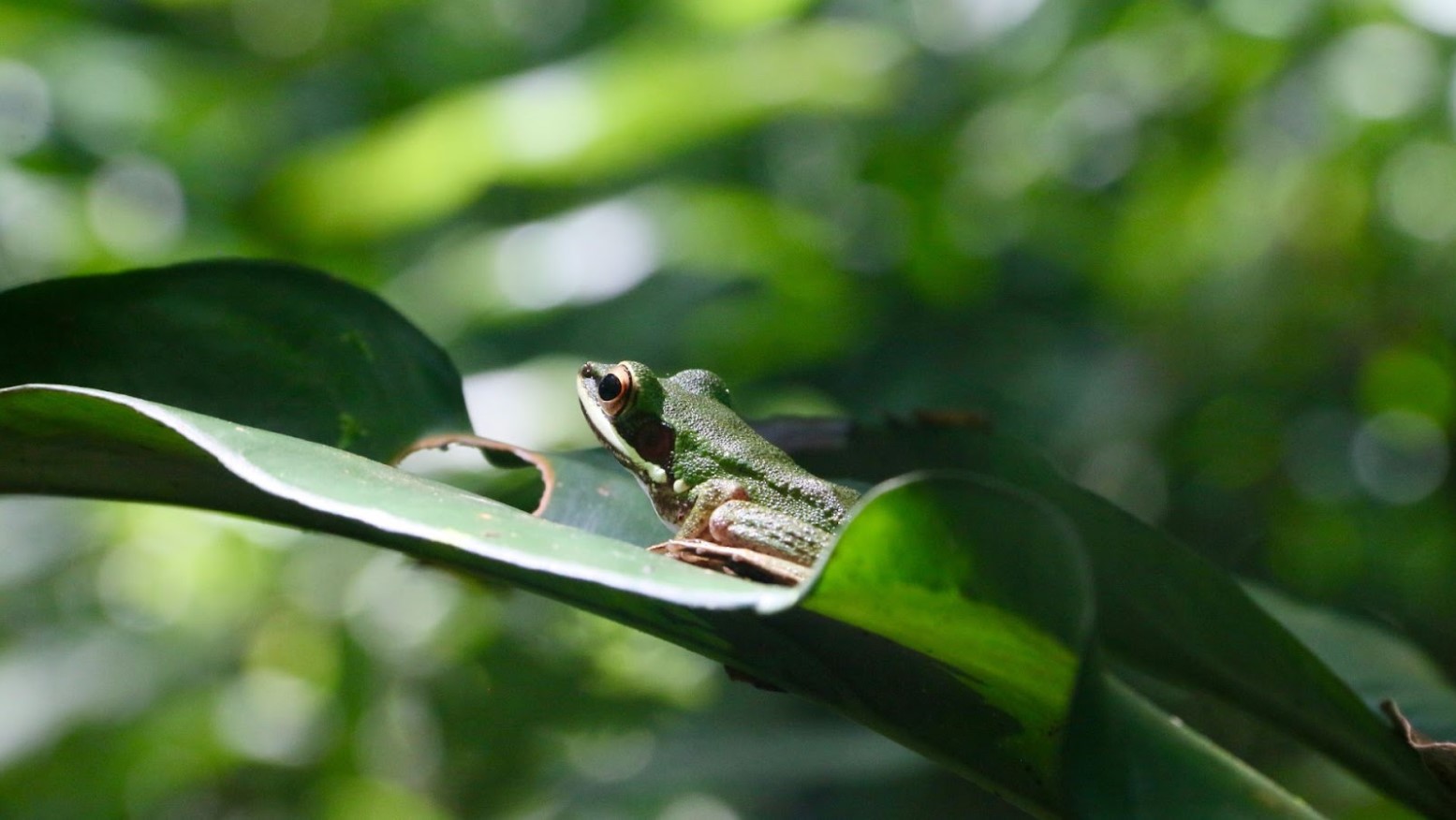
Source: Polina Koroleva/Unsplash
Many of these companies are deforesting the region for their own financial gain.
The Effects of Deforestation
However, deforestation can have astronomical negative effects on local communities. Entire ecosystems can be destroyed almost immediately because of this practice.
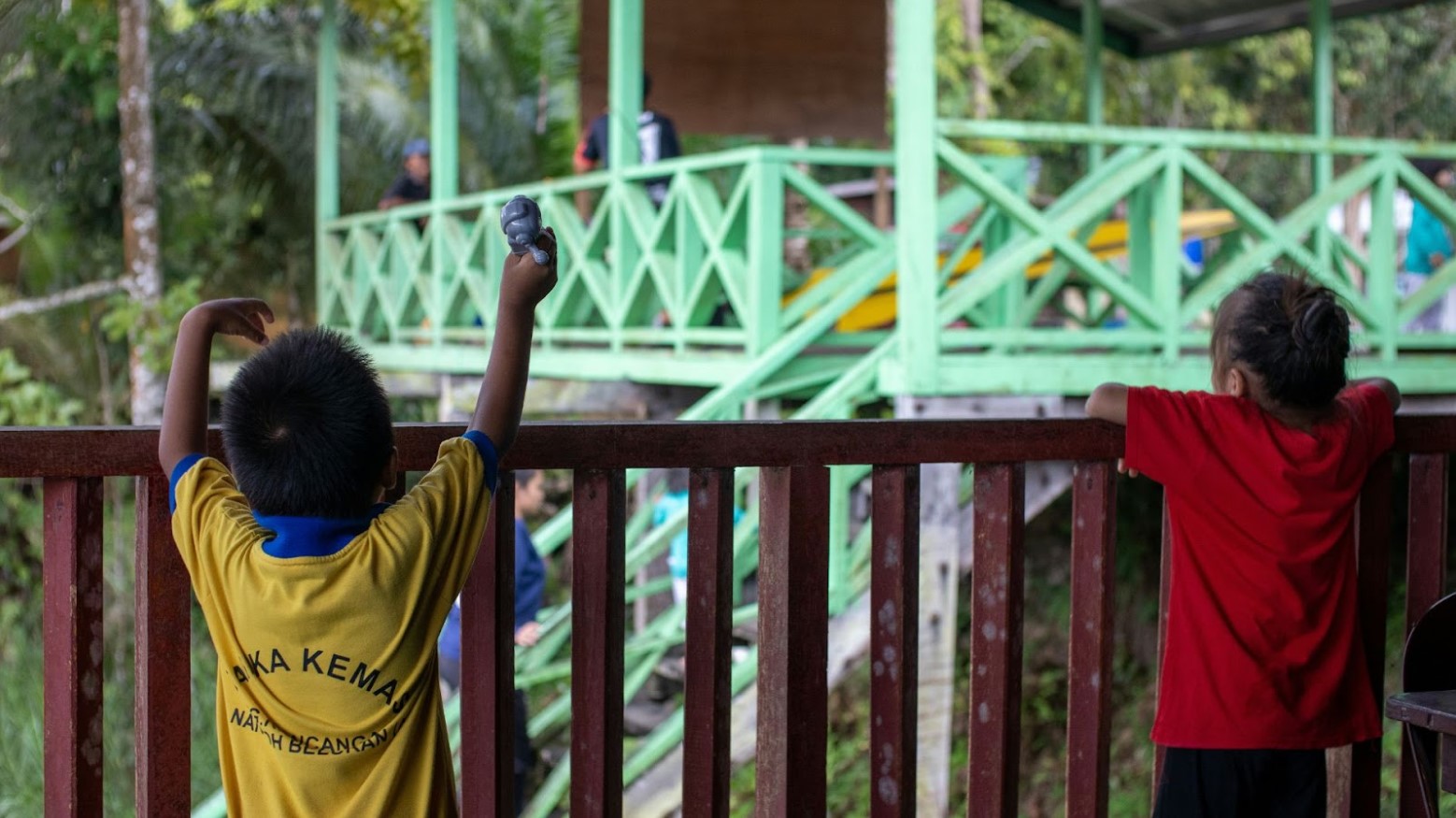
Source: Wouter Groote Veldman/Unsplash
Animals that live in the forest no longer have a home, or food to keep them alive. Locals, including Indigenous peoples, also struggle when their lands are destroyed.
Calling For Help
Many organizations in Borneo have publicly asked for help — and for deforestation to stop. Just this year, Greenpeace explained that an orangutan habitat was being destroyed because of deforestation.
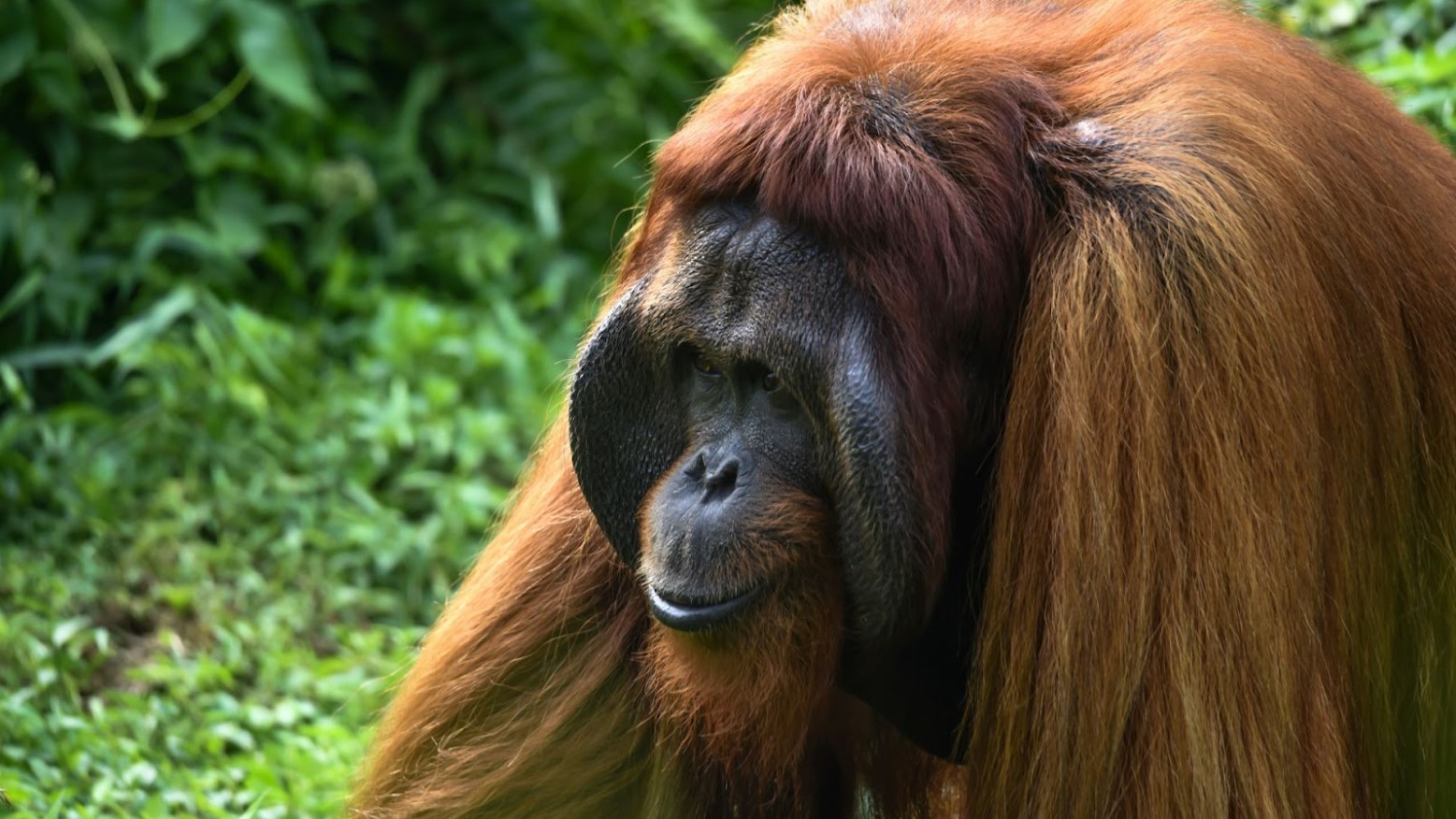
Source: Simone Millward/Unsplash
According to Greenpeace, the orangutan habitat is just the latest destruction in what has become the “alarming resurgence of deforestation in Indonesia, driven by PT Mayawana Persada in Indonesian Borneo.”
Struggling To Find Who Is Responsible
Previously, Greenpeace has recognized that it’s hard to find out who should be held accountable for this deforestation, as the company has an “opaque ownership structure.”
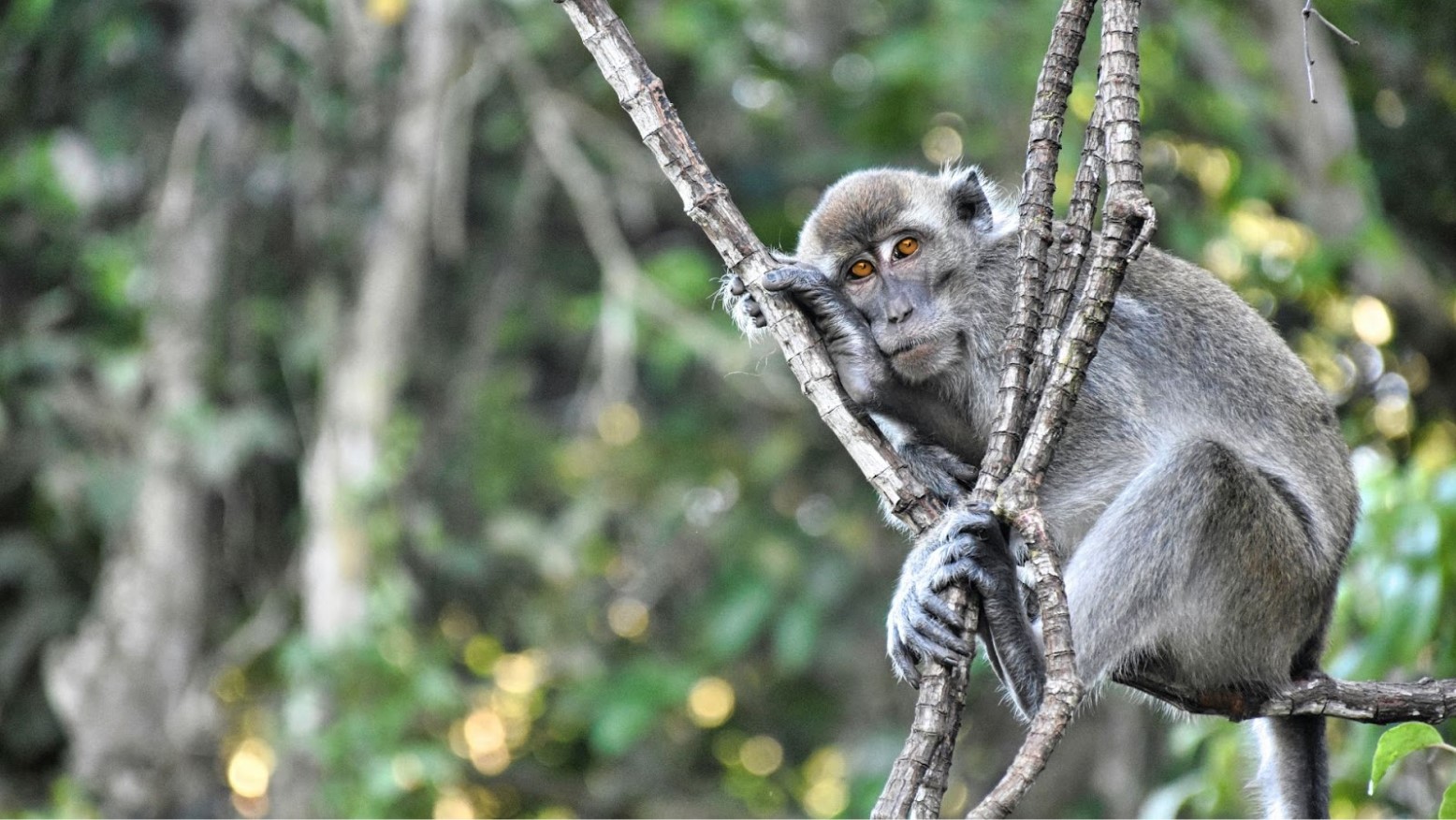
Source: Robert Keane/Unsplash
Now that researchers have traced paperwork back to Royal Golden Eagle Group and billionaire Tanoto, there is hope that they can somehow be held accountable for what they’ve done — and that they can be pressured to stop this deforestation.
Putting Pressure on Corporations
As Tanoto and his businesses have clearly refused to keep up their own promises, organizations have realized that they cannot be relied on to make change. Thus, people and organizations must push these corporations to make these changes they refuse to take on their own.
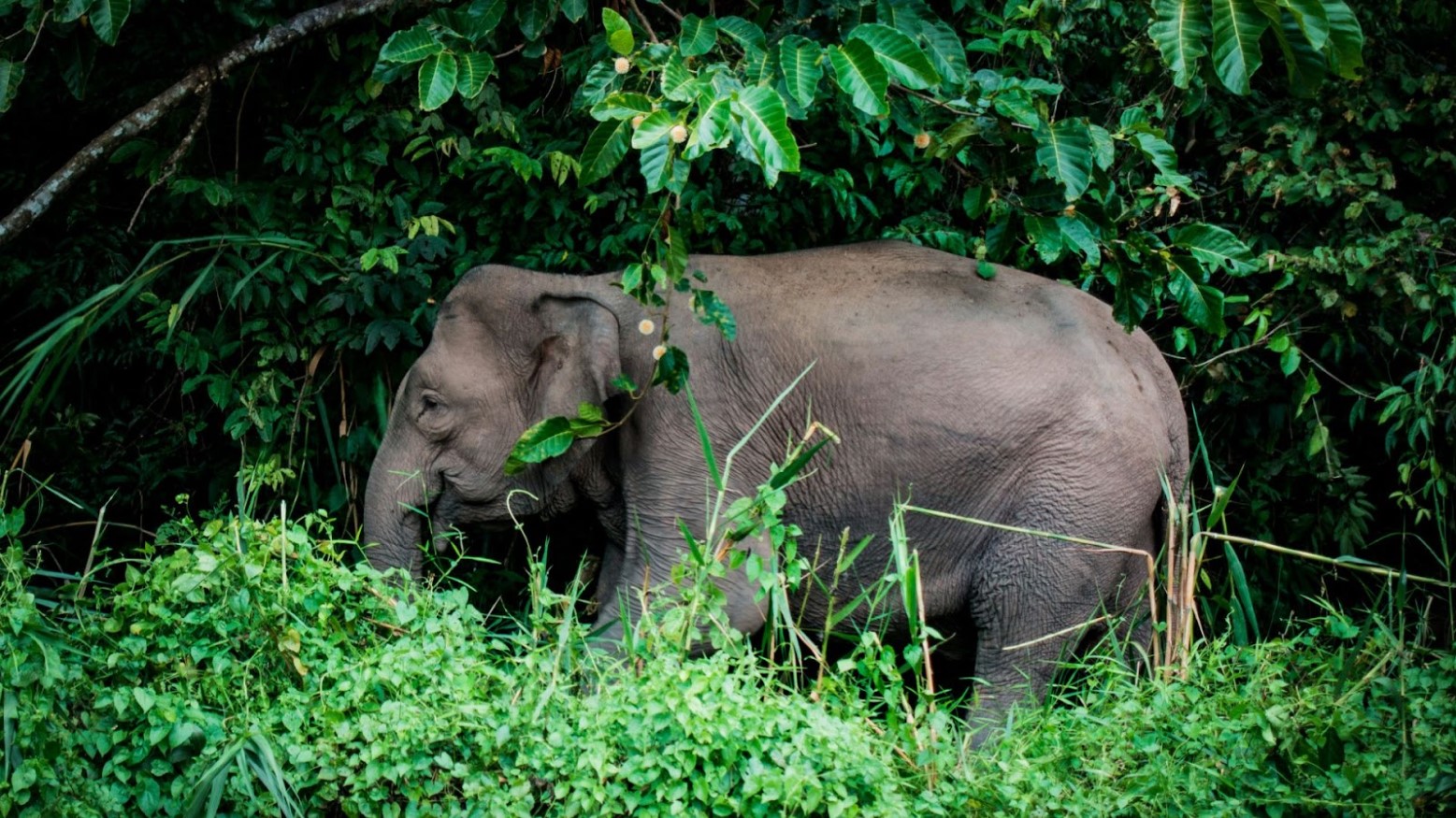
Source: Rob Hampson/Unsplash
To do this, organizations have called on lawmakers to create consequences for corporations that harm the planet, or deforest areas. Consumer boycotts of these companies could also potentially bring about a difference.
